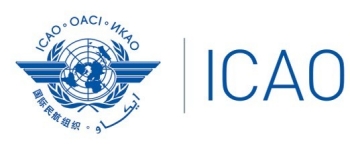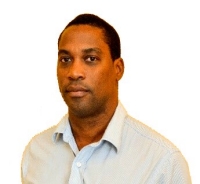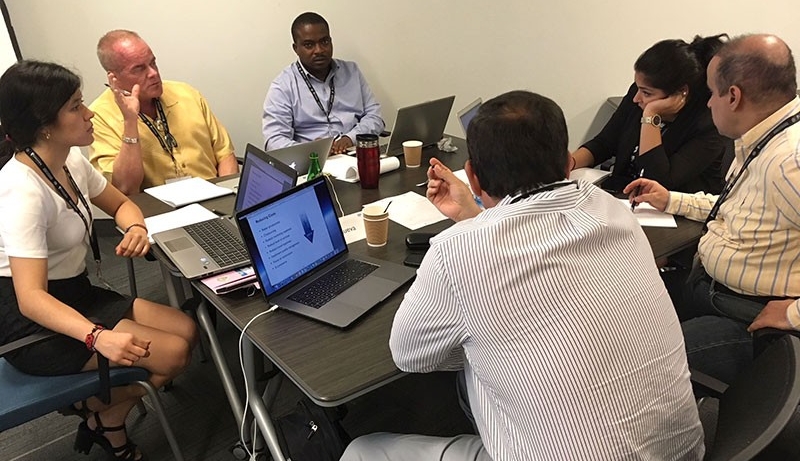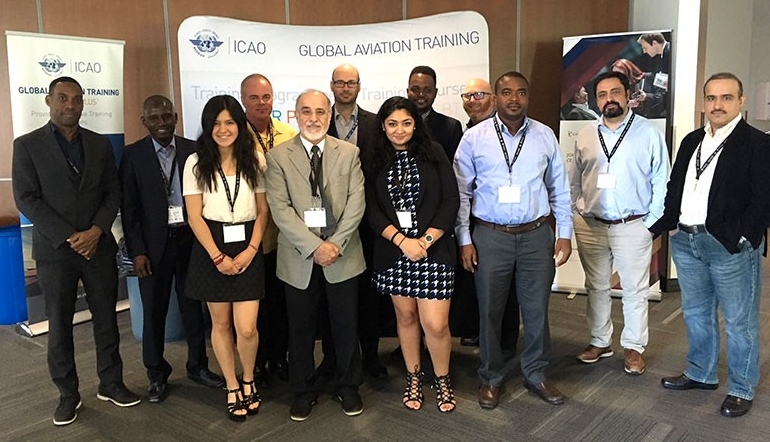Civil aviation is a rapidly growing industry, and with that growth comes the demand for management-level professionals who are trained and ready to take on the new challenges that will inevitably arise in the ever-growing industry. The Management Certificate in Civil Aviation covers three main topics to help leaders prepare and enhance their leadership skills in civil aviation: strategic management, human resources management, and business planning and decision-making. These themes provide leaders and potential leaders in civil aviation with the tools needed to bring their organizations up to speed on critical industry issues. In nine modules spread over five weeks of hybrid learning, each certificate provides a well-rounded view of the theme under the instruction of a variety of professionals who represent unique perspectives.
Hybrid learning for flexibility
The triad of certificates that make up the Management Certificate in Civil Aviation are all offered in a hybrid learning environment. The course begins with four weeks of online learning, which includes videos, their transcriptions, and the corresponding PowerPoint presentations, which, combined, accommodate the different ways in which leaders absorb information. Although this portion of the program is offered online, resources are never far away. Participants are encouraged to communicate with their professors in order to promote a good understanding of the material, even from thousands of miles away. The combination of materials and resources provided for the online modules presents learners with a supportive and interactive learning environment, and allows them to begin their learning journey without interrupting their daily routine and work schedule.




 Cary Price
Cary Price




